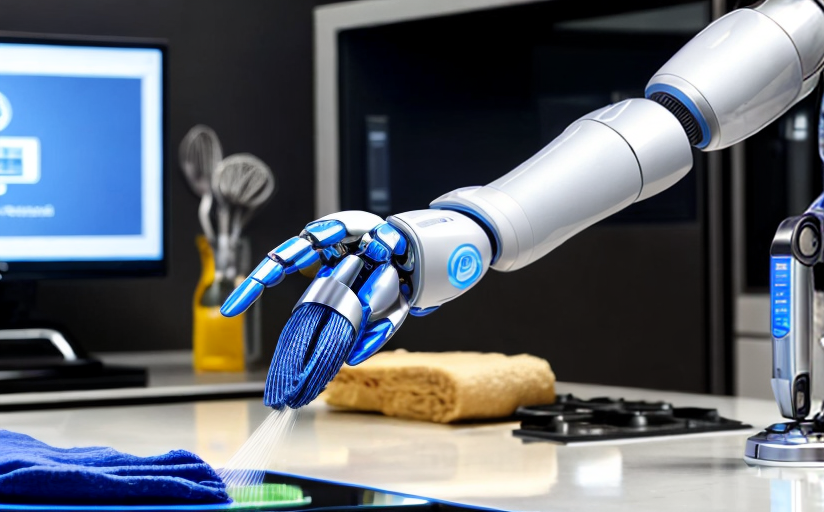The Impact of Artificial Intelligence on Everyday Life
Over the years, the evolution of technology has consistently enriched human activities, enhancing living standards and bringing about profound changes. One such evolutionary marvel is Artificial Intelligence (AI). While AI has been predominantly the domain of science fiction over the years, it has made significant inroads into our daily life today, impacting how we conduct our routines, communicate, work, and entertain ourselves.
Introduction to AI
Artificial Intelligence is a complex technology that offers machines the ability to learn from experience, adjust to new inputs, and carry out tasks in a way that mimics human intelligence. From autonomous cars to digital personal assistants, AI has become a fundamental part of our day-to-day activities, enhancing convenience and efficiency in manifold ways.
AI in Various Sectors
AI has found applications across various industrial sectors, including healthcare, goods delivery services, customer service, education, entertainment, and transport. It has revolutionized these sectors in some key ways:
Smart Home Technology
AI has considerably improved home technology. Voice-activated assistants like Amazon's Alexa, Google Home, and Apple's Siri can control connected devices in a smart home, performing tasks such as switching lights on and off, adjusting the thermostat, or even ordering groceries online.
Healthcare
In the healthcare sector, AI algorithms are used to detect diseases and offer personalized treatment plans. Some AI applications can analyze medical images to identify anomalies, while others support mental health by providing therapeutic assistance.
Transportation
AI facilitates smarter, safer, and efficient transport systems. Autonomous or self-driving cars, AI-powered drones, and traffic management systems leverage AI to increase efficiency and safety.
Education
AI is changing traditional teaching and learning methods, enabling personalized and adaptive learning. It also assists in administrative tasks, reducing workloads for educators and therefore improving their efficiency.
Entertainment
AI plays a significant role in content suggestion algorithms on platforms such as Netflix and Spotify or game development in the entertainment industry.
Customer Service
Many businesses have integrated AI chatbots into their customer service operations to handle customer inquiries effectively and promptly.
Potential Benefits and Drawbacks of AI
AI offers multifarious benefits, including operational efficiency, error reduction, digital assistance, and round-the-clock availability. However, it also comes with drawbacks such as high costs of implementation, threats to privacy, and potential job displacements.
Future Prospects of AI
Future prospects of AI are infinite. Advancements are projected across multiple industries and everyday activities. Enhanced AI capabilities could lead to skilled labor force augmentation, the transformation of the elderly care sector, and breakthroughs in climate change combat, among others.
Broader Societal Implications
On a broader level, AI has the potential to redefine our societal structures and functions. While it offers immense potential for benefits, it also necessitates measures to address potential threats or ill-effects, thereby requiring robust policies and regulations.
The journey for AI is just beginning, and the prospects of its impact on our everyday life are not only fascinating but also transforming.


















Comments
Leave a Comment